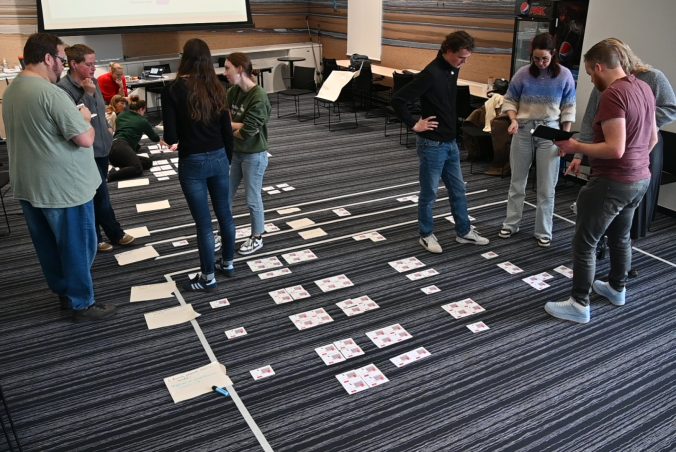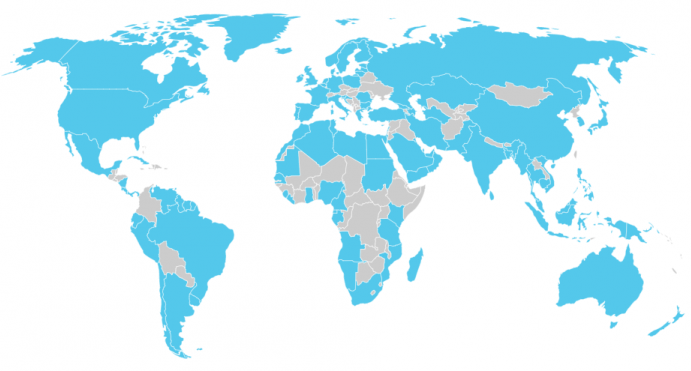
Experts who stop learning, stop being experts
It is 20 years ago today that the Prestige incident (Galicia, Spain) took over the headlines in Europe and the rest of the world. Articles like this one will be published in the days and weeks to come. Incredible advances have been made during the two decades since the incident. The probability of these types of incidents has gone down drastically thanks to multiple measures that helped to make marine transportation safer, including measures that the sector took itself.
However, the threat of marine incidents in Europe and elsewhere will never go down to zero. There are developments out there that are bringing new risk profiles, different from the oil tanker spilling thousands of tons of oil. Larger commercial vessels, climate change effects such as storms and changing sea state patterns, dangerous cargo captured under the term Hazardous and Noxious Substances (HNS) that are transported by vessels in large quantities, ageing offshore infrastructure such as pipelines which are also subject to terrorist attacks. New fuel oils that are hard to clean up from seas and coasts with traditional oil spill equipment, increasing areas of marine territory overtaken by wind parks that limit marine traffic and space to manoeuvre if vessels get adrift in these parks, etc. etc.
These changing risk profiles need bright minds to continue thinking of systems that must be in place to prevent and effectively respond to such “new normal” incidents. We at Sea Alarm are proud that over the last two decades we could make a strong contribution from the NGO domain to set up professional and reliable response capabilities (EUROWA, GOWRS) that authorities and industry can access and integrate into their response systems. It is great to have worked with industry and the European Commission on the development of these capabilities.
We are also excited to be part of innovative projects such as IRA-MAR that explore new grounds in which countries can develop frameworks for holistic and integrated management for incidents that may affect marine and coastal resources, and the safety of ports.
The Prestige incident reminds us of the fact that incidents must be managed by multiple authorities, where people are trained and exercised to work together and take the right decisions. It also reminds us that where people work together under pressure, mistakes can be made. We should learn from these mistakes, and continuously re-invent ourselves.
Experts who stop learning, stop being experts.
Photo credit: Miguel Riopa/AFP (from the local.es)


